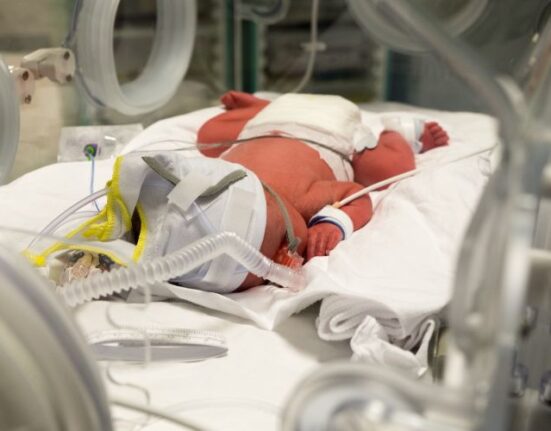Expectant women, who rely on prescribed antidepressants, often fear that their medication will negatively affect the outcome of their baby’s health. According to a recent article by Andrew Solomon in The New York Times, not treating their mental illness with the appropriate medication can be just as dangerous. A 2006 health advisory from the FDA alerted women that taking certain types of anti-depressants late in pregnancy could increase the risk of a severe and life-threatening breathing disorder in their newborns. In 2011, the FDA updated the advisory saying it was too early to make firm conclusions about the possible link. A new study examines whether taking anti-depressants during late pregnancy increases the risk for this condition known as persistent pulmonary hypertension of the newborn, or PPHN. PPHN results in high blood pressure in the baby’s lungs, which causes severe breathing problems.
Researchers from Brigham and Women’s Hospital in Boston examined medical records of nearly 4 million women diagnosed with depression, who filled a prescription for anti-depressants during the last 90 days of pregnancy. Researchers were most interested in the use of selective serotonin reuptake inhibitor antidepressants (SSRI). The records of pregnant women who did not take an antidepressant were also examined, and the number of babies born with PPHN was compared in each group.
The researchers found that the apparent risk of PPHN in women exposed to SSRI antidepressants returns to normal when accounting for other differences in the women who use the antidepressants. There might still be a very small possibility of harm from the drugs, but far less than the drugs’ proven mood benefits. The findings provide pregnant women useful information they can use to talk with their doctors about the balance of benefits and harms from antidepressants when considering their options for treatment.

















